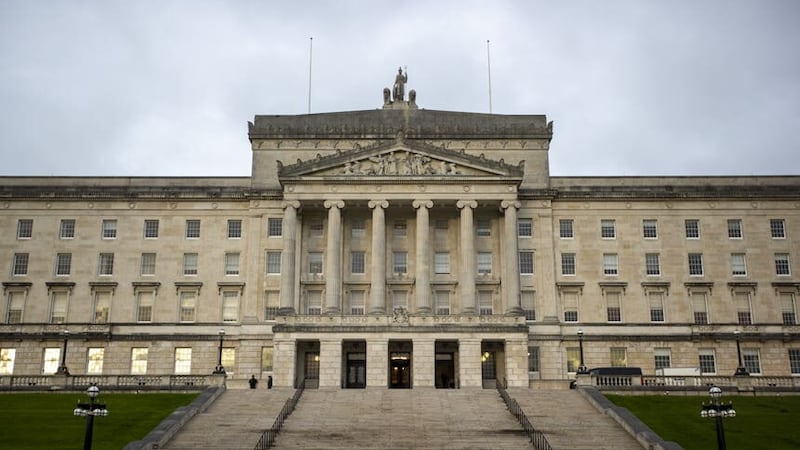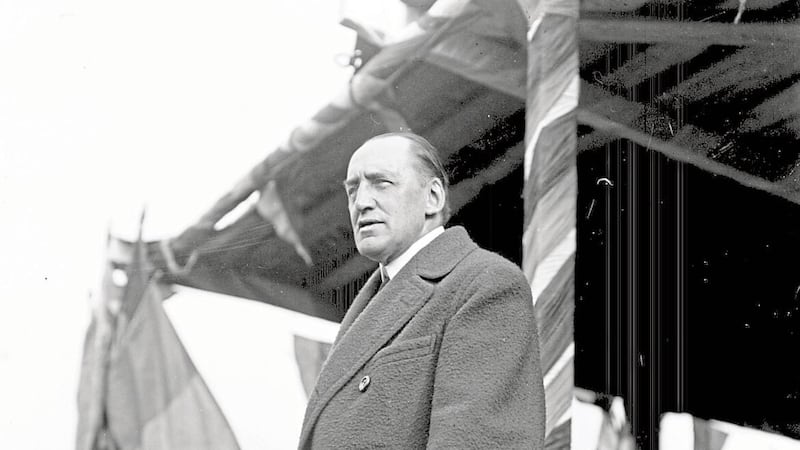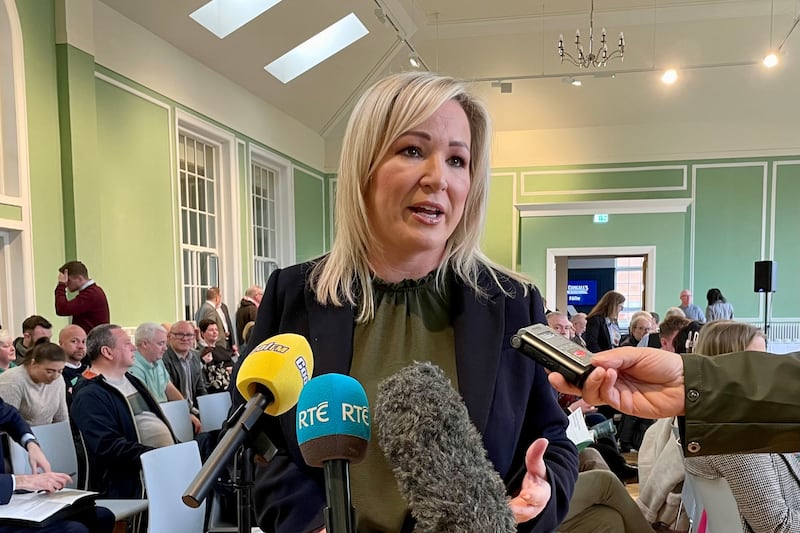DEVOLUTION in Northern Ireland was sold to the public as a new beginning where power sharing was guaranteed between unionists and nationalists.
For many, the reality of mandatory coalition has actually meant lurching from one crisis to another while others see the value of the least worst option.
For political commentator Brian Feeney, he says the legacy of Stormont since the Good Friday Agreement is not much to shout about and has only really made progress when the British and Irish governments "bang heads together".
The DUP's Peter Weir and the UUP's Danny Kennedy were among the first group of new MLAs in 1998, and both later served as Stormont Ministers.
Mr Weir said despite the "stop-go" nature of politics, there were moments to be proud of like increased international investment while Mr Kennedy said Stormont has never learned how to make tough decisions.
Read more: Gerry Adams says risks taken for peace were 'occupational hazard'

Mr Feeney, an Irish News columnist, said the last notable success for Stormont was devolving policing and justice in 2010.
"The British and Irish governments seemed to regard that as the completion of devolution, because there had been this big question over who could be the Minister for Justice," he said.
"That required a meeting between the former British and Irish Prime Ministers Gordon Brown and Brian Cowen in Hillsborough."
Since then, he said, the two governments had "taken their eye off the ball" and left Stormont on life support.
"In 2011, Peter Robinson and Martin McGuinness agreed on plans to use the Long Kesh site but the DUP wouldn't accept it and Peter Robinson had to back down," he said.
"Since then, really there's been no success at all as the DUP have tried to block everything."
Mr Feeney said he did not support calls for the Alliance to reform the institutions, which would aim to stop one party collapsing the institutions.
"This is a fundamental mistake, which is based on the airy-fairy notion that you can have normal politics here," he said.
"You've got to have unionists and republicans in there together, simple, it's a divided society and the fact is more than 80 per cent of voters support unionists or nationalists."
Looking forward, Mr Feeney said progress depends upon a renewed interest in devolution from the British and Irish governments.
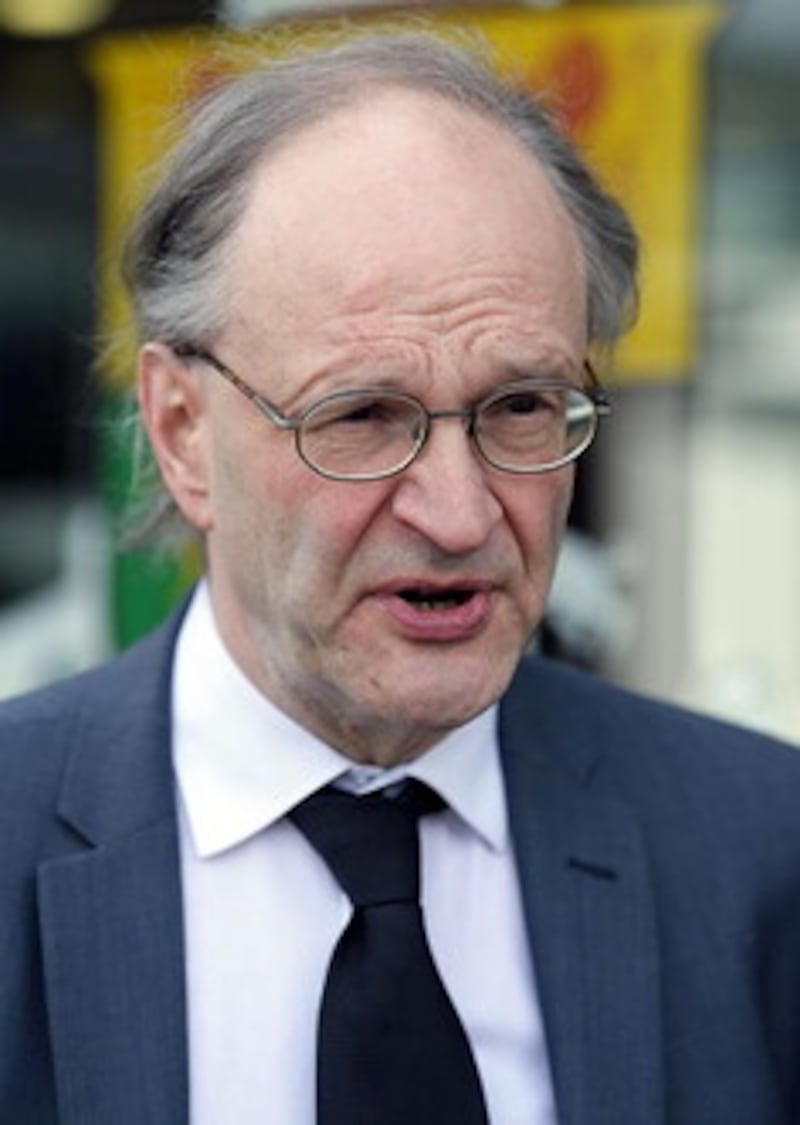
Mr Weir said he accepted that normal politics did not apply to Stormont, but there were tangible benefits like having local ministers scrutinising government departments.
"Devolution also brought in things like free prescriptions, I think we were one of the first places to get things like free transport for the elderly and broadly keep local taxation at a low level," he said.
"Another thing I think that's been forgotten about, we have been fairly good at selling ourselves internationally for investment.
"Certainly, for a long period during devolution, we were doing that better than any part of the UK apart from London and the south east.
"Obviously, it's not been helpful when we've had so much stop-go politics and the nature of the institutions means they're always quite vulnerable to any form of crisis."
Asked if trust can ever be restored at Stormont, he said: "I think too much is placed on this idea of a personal relationship between the DUP and Sinn Féin being the great driver towards everything.
"I think it's about getting a political environment that people can live with on all sides (such as resolving issues with the Windsor Framework) which is really the more critical aspect."
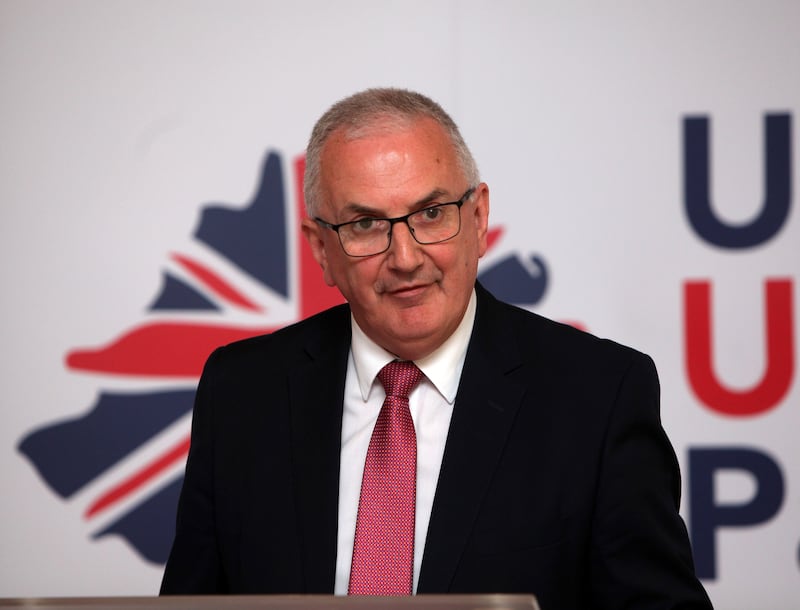
Mr Kennedy said helping to establish the Stormont institutions remained a happy memory for him today, he was frustrated by the ongoing stalemate.
"One of the strongest criticisms you could make of Stormont is that it isn't good at facing up to hard decisions," he said.
"Maybe that's catching up with us in things like the budgetary process. We're in an era of populism, where the parties want to be popular instead of taking the more difficult decisions which are better for the country."
